A Gent’s Guide To Dandruff
To begin with, what exactly is dandruff?
Dandruff is a flaking and scaling of the skin on the scalp which can be accompanied by a mild itch. The flakes are actually dead skin cells. Dandruff occurs when the normal cycle of shedding dead skin cells speeds up. It is not serious or dangerous, and does not affect your general health, but tends to relapse often, meaning that complete resolution can be a difficult goal to achieve. Seborrheic dermatitis is a more severe form of dandruff, which is inflammatory and characterised by flakiness, a more severe itch and visible redness. Unlike dandruff it can also affect the skin on the rest of the body, particularly the face and the chest.
And how do you know you’ve got it?
Dandruff is evident from the whitish/yellowish greasy flakes that accumulate in the hair and on the shoulders, where they are particularly noticeable on darker clothes.
What’s the difference between dandruff and a dry scalp?
It can be difficult to differentiate between dry scalp and dandruff for laymen as they present with similar symptoms (flakes and mild itch). However, the flakes look slightly different: dandruff flakes are often larger and appear more greasy compared to the smaller, drier flakes seen with dry scalp. Where dry scalp is the result of a lack of moisture, dandruff often is accompanied by increased levels of oil.
What could be causing dandruff?
The exact cause is not completely clear. Factors that contribute to the condition include:
- Stress
- Male hormones
- Seasonal changes (particularly going into the winter months)
- An unhealthy lifestyle such as poor diet, excess alcohol, lack of sleep
- Certain drugs such as anti-cancer drugs, methyldopa, cimetidine
- Nutritional deficiencies such as a lack of zinc
During lockdown there has been an increased level of stress and anxiety which could be contributing to dandruff flare-ups. People are also reporting a change in their drinking habits during lockdown which, as we all know, can affect the body.
Are there any home remedies that you would prescribe?
If you think you suffer from dry scalp, try to reduce the temperature of the water when you shower. Also, try to shampoo less frequently and use a smaller amount of shampoo when you do. If you suffer from dandruff, washing your hair more regularly might help to lift off the dead skin cells, i.e. the flakes. If regular shampoo does not help, try over-the-counter anti-dandruff shampoos. Another great over-the-counter option is Sebco coconut oil compound. It’s messy, but if you apply it to the affected skin for one hour before rinsing it off with a shampoo, it can help. Only use this method for one week. Some patients also find tea tree oil helpful because of its antimicrobial and anti-inflammatory properties. If you see no improvement after four weeks, it’s a good idea to consult your doctor.
Which are the best shampoos and conditioners to use? Does Head & Shoulders work?
Yes, Head & Shoulders works because it contains the active ingredient zinc pyrithione. In general, anti-dandruff shampoos are classified according to the active ingredient they contain. Ones to look out for are:
- Pyrithione zinc (found in Head & Shoulders)
- Selenium sulfide (Selsun Blue)
- Ketoconazole (Nizoral)
- Tar (Neutrogena T/Gel)
- Salicylic acid (Neutrogena T/Sal)
When patients tell me anti-dandruff shampoos don’t work, it is often the result of them not using the shampoos adequately. It’s important the active ingredients have enough time to work. The shampoo should be massaged onto the scalp and left to work for at least ten minutes before washing out.
How do these anti-dandruff shampoos work?
They have soothing/anti-inflammatory, anti-fungal and keratolytic (compounds that break down the outer layer of the skin) effects. All these help to treat scalp conditions.
What about using oral products or supplements – are any of them any good?
Dermatologists have a range of oral treatments for patients with severe seborrheic dermatitis that is unresponsive to topical treatment. It depends on the patient, so you would need to book a consultation to know which products to use. In patients with confirmed nutritional deficiencies, a supplement-based diet might be recommended, however this is best done under medical supervision.
Are there any dietary changes you can make on your own?
The wrong diet can contribute to inflammation. Eating a healthy diet is important for your whole body to function effectively. The Mediterranean diet – rich in fruit and vegetables, unrefined grains, nuts, fish and extra virgin olive oil – is the best studied model. Also, being overweight is a strong risk factor for putting your body in an inflammatory state, so weight loss is a critical factor to reduce inflammation.
What about cutting your hair shorter?
There is no scientific evidence to support the idea that cutting your hair shorter will prevent scalp conditions, but it might be easier for anti-dandruff shampoo to penetrate the skin on the scalp when there is less hair, which can indirectly lead to a more effective treatment.
Should you steer clear of grooming products?
Grooming products may dry the scalp further and worsen the health of the skin on the scalp. But if you can't live without them, it’s important to avoid applying them directly onto the skin of the scalp – limit the application of the product to the hair itself.
Does the weather/environmental factors affect dandruff or a dry scalp?
Winter months tend to be worse for dandruff and a change of climate when travelling can also provoke an outbreak. This is because a change in climate (temperature, humidity) changes the skin flora and the water loss through the skin.
At what point should you go and see your dermatologist or GP?
If there is no improvement in the condition after using over-the-counter anti-dandruff shampoos for a month; if the dandruff is accompanied by rashes on the face or body; if the itch keeps you awake at night; if your quality of life is seriously affected by the dandruff; or if you just want to confirm the diagnosis, we are there to help.
What can you expect from a visit to your dermatologist?
The dermatologist will firstly confirm the diagnosis is dandruff and not another condition which could present with similar symptoms, such as eczema or psoriasis. They will then educate you on the condition and prescribe a treatment tailored to the severity of the condition. They will also discuss whether there is a need for maintenance therapy to prevent relapses.
Is it ever a symptom of a more serious underlying condition?
Seborrheic dermatitis is common and it is rare to be associated with an underlying condition. Occasionally dandruff can be associated with neurological conditions such as Parkinson’s disease and depression. In extremely rare cases, severe seborrheic dermatitis unresponsive to topical treatment can be a feature of HIV.
And finally, what can you do to stop dandruff coming back?
Stop stressing about it! Scratching is terrible too. Sit back and relax. If your dandruff relapses often, book an appointment with a dermatologist.
Visit CadoganClinic.com
Shop The Best Dandruff And Dry Scalp Treatments Below…
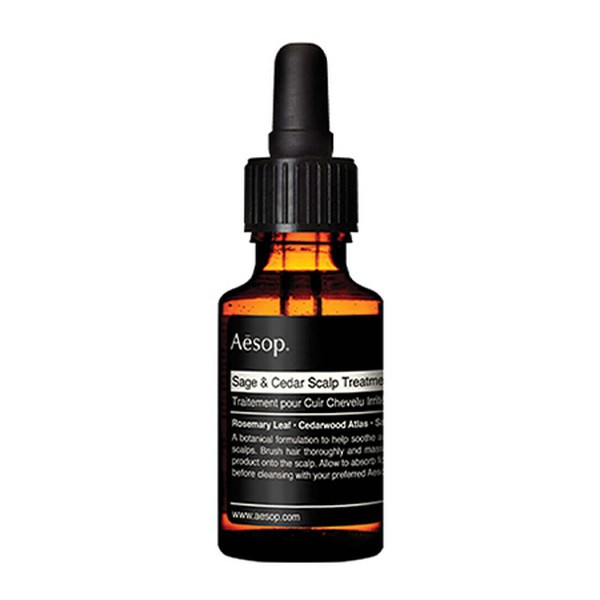
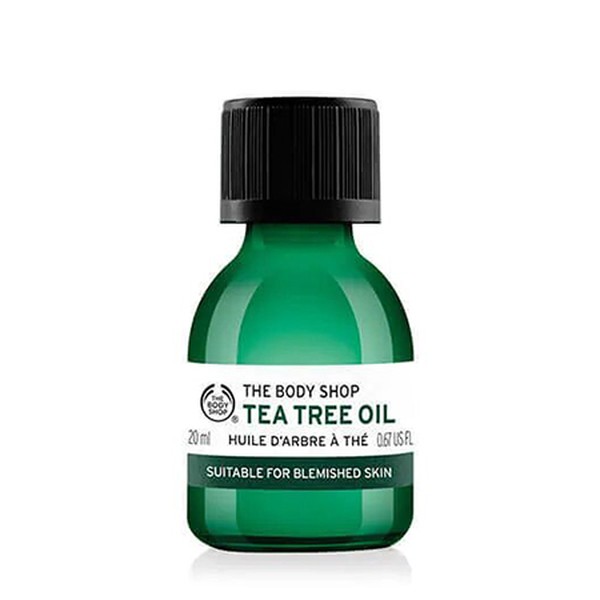
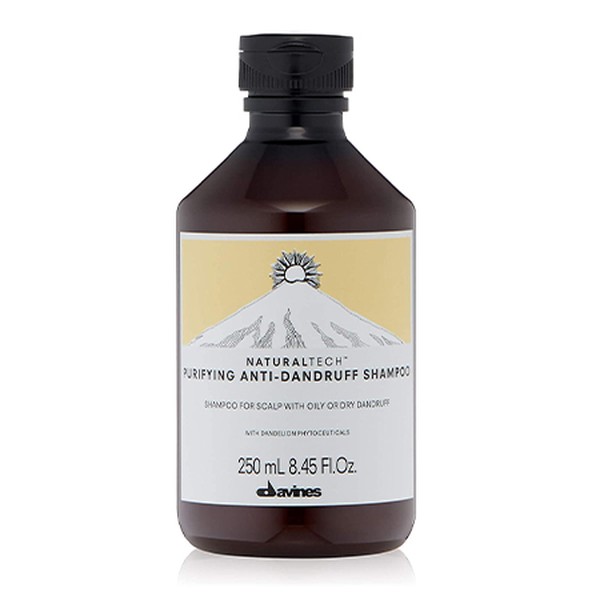
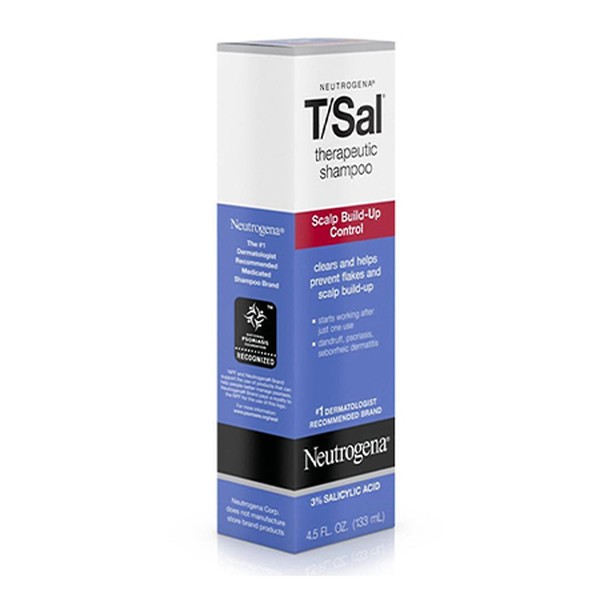
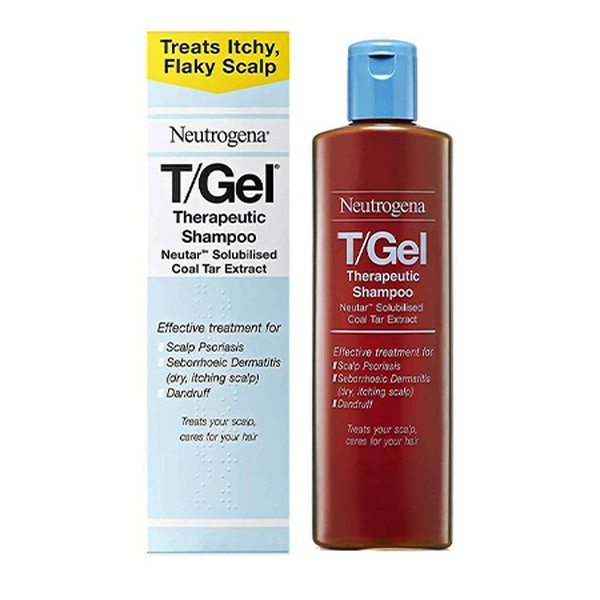
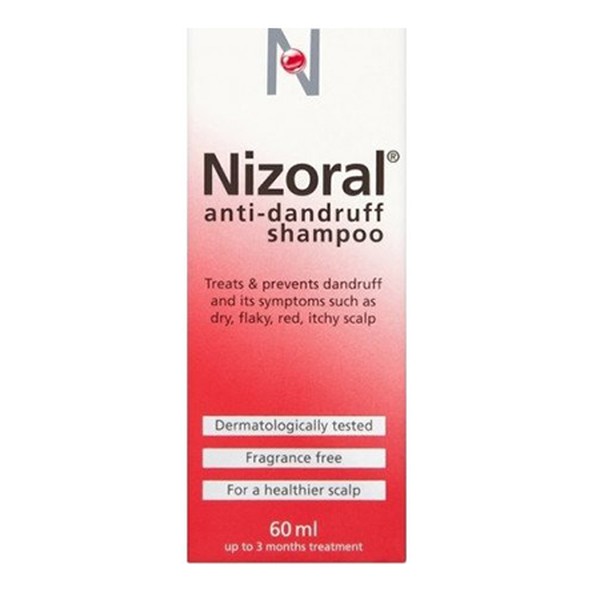
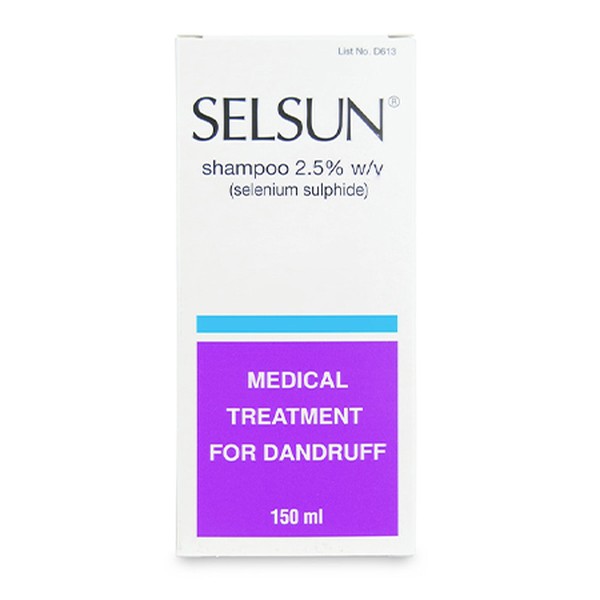
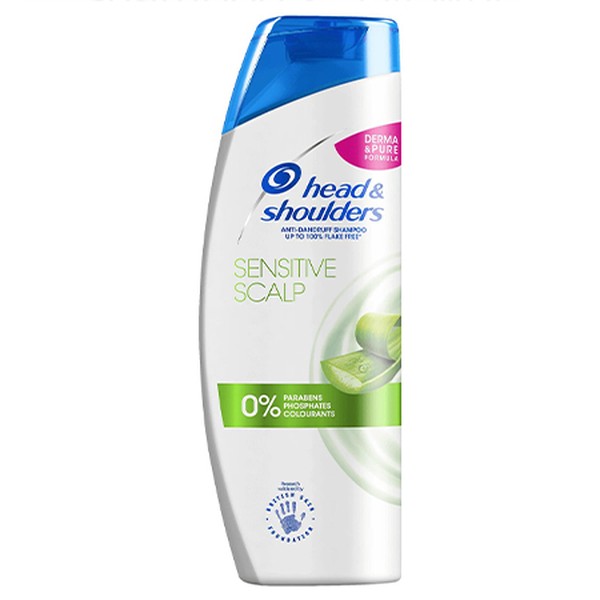
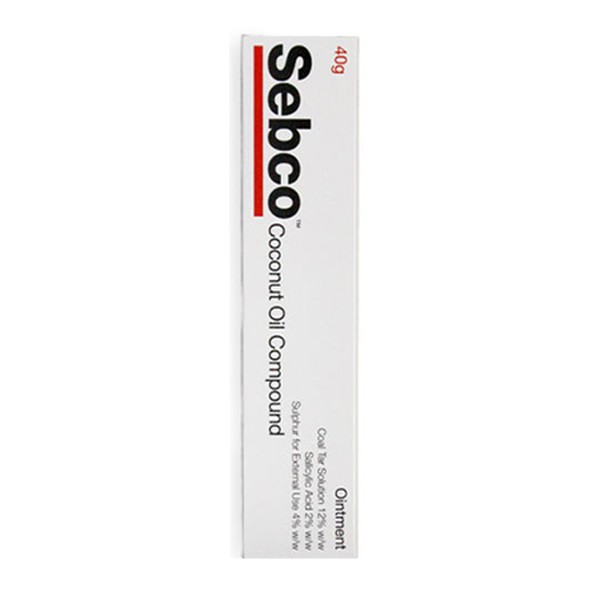
DISCLAIMER: We endeavour to always credit the correct original source of every image we use. If you think a credit may be incorrect, please contact us at [email protected].


